The Berlin market that’s a magnet for city’s Vietnamese
 |
Old warehouses and typical plattenbau, apartment blocks made from prefabricated concrete slabs, line the streets in Berlin-Lichtenberg, a district in the northeastern part of Germany’s capital. But in the middle of this forlorn industrial area, where many buildings have been abandoned and stand idle, the Dong Xuan Centre stands out.
Its halls are filled with lively chatter, mostly in Vietnamese. People queue at restaurants to warm up with a bowl of hot pho. Shopkeepers lure visitors into their stores by loudly announcing the offers of the day.
The Dong Xuan Centre is home to numerous wholesale businesses, shops, and food producers. Eighty per cent of its tenants are Vietnamese. The others are Indian, Pakistani or Chinese. The history of the centre is closely connected to the story of thousands of Vietnamese who came to East Berlin as contract workers when it was the capital of communist East Germany.
During the 1980s, East Germany experienced a shortage of skilled labour. As a solution, the government signed treaties with other socialist countries such as Vietnam, North Korea, Mozambique, China and Cuba. These countries sent workers, who would return home as soon as their contract expired. For Vietnamese contractors, this was normally after five years.
 |
The exterior of the Dong Xuan Centre in Berlin. Photo: Alamy
One of the recruits from Vietnam was the father of 31-year old Minh Nguyen Huu. In 1988 he left his pregnant wife behind in Vietnam to start working in East Berlin. But a year later everything changed with the fall of the Berlin Wall and the subsequent reunification of Germany.
“The contract workers found themselves in a peculiar situation, as they had a contract with East Germany: a country that did not exist anymore,” says Minh, who now studies social pedagogy in Berlin and gives tours of Dong Xuan Centre.
“At that time, there were still around 60,000 Vietnamese contract workers in East Germany. The Vietnamese government let them choose if they wanted to return home or stay, while the German government offered them compensation and a plane ticket back to Vietnam. Half of them went home, the other half stayed.”
 |
 |
Dong Xuan Centre founder Nguyen van Hien. Photo: Alamy
Minh’s father chose to build a new life in reunified Germany. His wife and twin boys were allowed to join him in Berlin. The reunification left most Vietnamese contract workers unemployed, however.
Many of them started their own businesses to make a living. They opened flower shops, restaurants and beauty salons, or became active in the textile industry. That is the path the founder of Dong Xuan Centre, Nguyen van Hien, chose.
At first, Nguyen had to travel all the way to Poland to buy his wares at a wholesale company. “He’d regularly run into other Vietnamese retailers from Berlin there and thought: why not establish a wholesale market in Berlin,” Minh says. “That is how the Dong Xuan Centre was born, around 15 years ago.”
Today, the centre is both the economic and cultural centre for the Vietnamese people living in Berlin. According to the Vietnamese Association of Berlin and Brandenburg, of the 100,000 Vietnamese and Germans of Vietnamese descent in Germany around 26,500 live in the capital.
There is nothing you can’t buy in the centre’s nine large halls, which house everything from groceries to toys, clothing and artificial flowers to cosmetics.
“As a Vietnamese, you can spend your whole day here without speaking a single word of German,” Minh says, laughing. “In addition to the wholesale, you have Vietnamese-German translators and legal advisers here, Vietnamese driving schools, travel agents and car salesmen.”
 |
Women’s fashions on sale at Berlin’s Dong Xuan Centre. Photo: Alamy
Phan Bian Thao works at a nail spa. Only a few years ago, she says, most her customers were Vietnamese. Now, many local Berliners and Germans from outside the city find their way to Dong Xuan Centre as well, boosting her business.
“They come here because it’s cheaper than anywhere else in the city, and after getting a manicure, they can continue shopping,” she explains. “It’s a one-stop destination.”
But not all tenants are happy. While the grocery stores, restaurants, beauty salons and nail spas are filled with customers that add to the immense hustle and bustle at Dong Xuan Centre, other shops remain empty. In a textile wholesale shop pants, jackets and suits are neatly arranged on shelves and racks, but none of the passers-by seems interested.
 |
A clothes shop inside the Dong Xuan Centre. Photo: Alamy
The shop belongs to a Vietnamese man in his 50s who wishes to remain anonymous. He came to East Berlin almost 30 years ago as a contract worker. After reunification he decided to stay and start his own business, in the neighbouring district of Marzahn. Seven years ago he moved to the Dong Xuan Centre. “It’s been very hard, business is continuously declining. The textile industry here has been suffering over the last couple of years,” he says, explaining that competition is getting fiercer and he can’t keep up with new technologies.
Although he has lived in Germany for almost three decades, he does not feel like he belongs. “People still view me as a foreigner,” he says with a shrug. “I’m grateful that I have been able to make a living here, but my true home is Vietnam. When my children have finished their studies, I will go back.”
There are plans to transform Dong Xuan Centre into the Asiatown of East Berlin. The first step was to open a hotel. A cultural centre with a large function room will follow soon. “Most of the Vietnamese in Berlin live in this area anyway, so it does make a lot of sense,” says Minh.
VNF ( SCMP )
Recommended
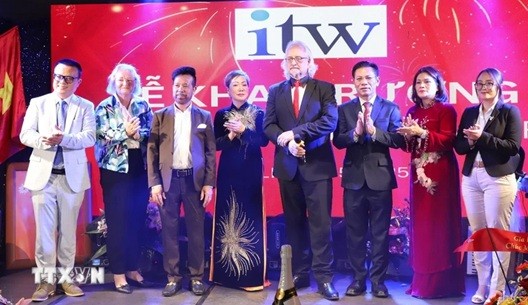 Overseas Vietnamese
Overseas Vietnamese
Language and Vocational School for Vietnamese launched in Germany
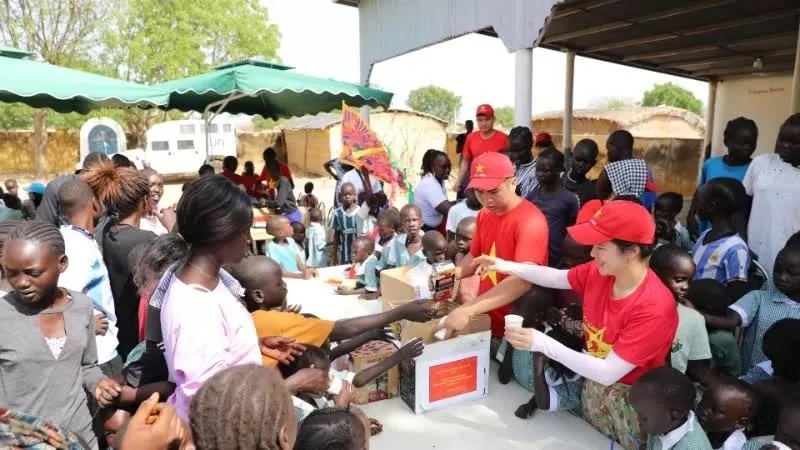 Overseas Vietnamese
Overseas Vietnamese
A Heart-warming International Children's Day in Abyei
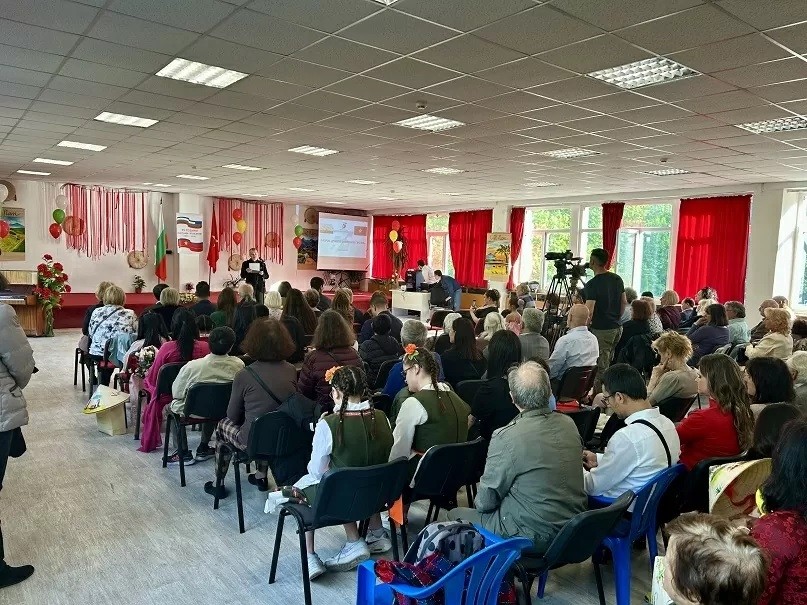 Overseas Vietnamese
Overseas Vietnamese
Art Program Deepens Vietnam-Bulgaria Cultural Exchange and Friendship
 Overseas Vietnamese
Overseas Vietnamese
First Vietnamese Film Week Opens in Greece
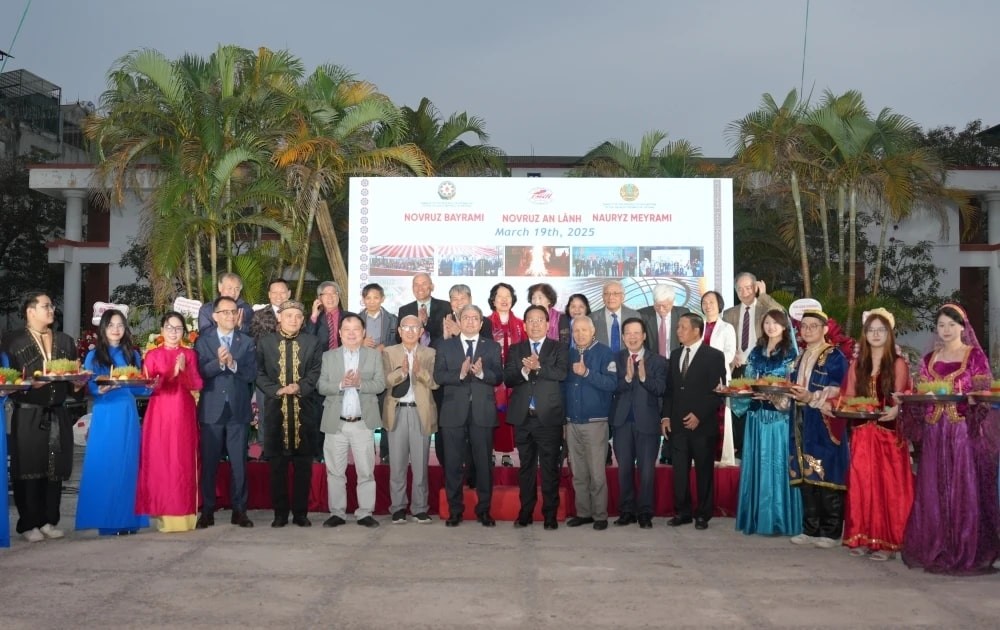 Overseas Vietnamese
Overseas Vietnamese
Strong Bonds Between Vietnam And Belarus, Azerbaijan, and Kazakhstan
 Overseas Vietnamese
Overseas Vietnamese
Vietnam Festival in Tokyo To Be Held for 18th Time
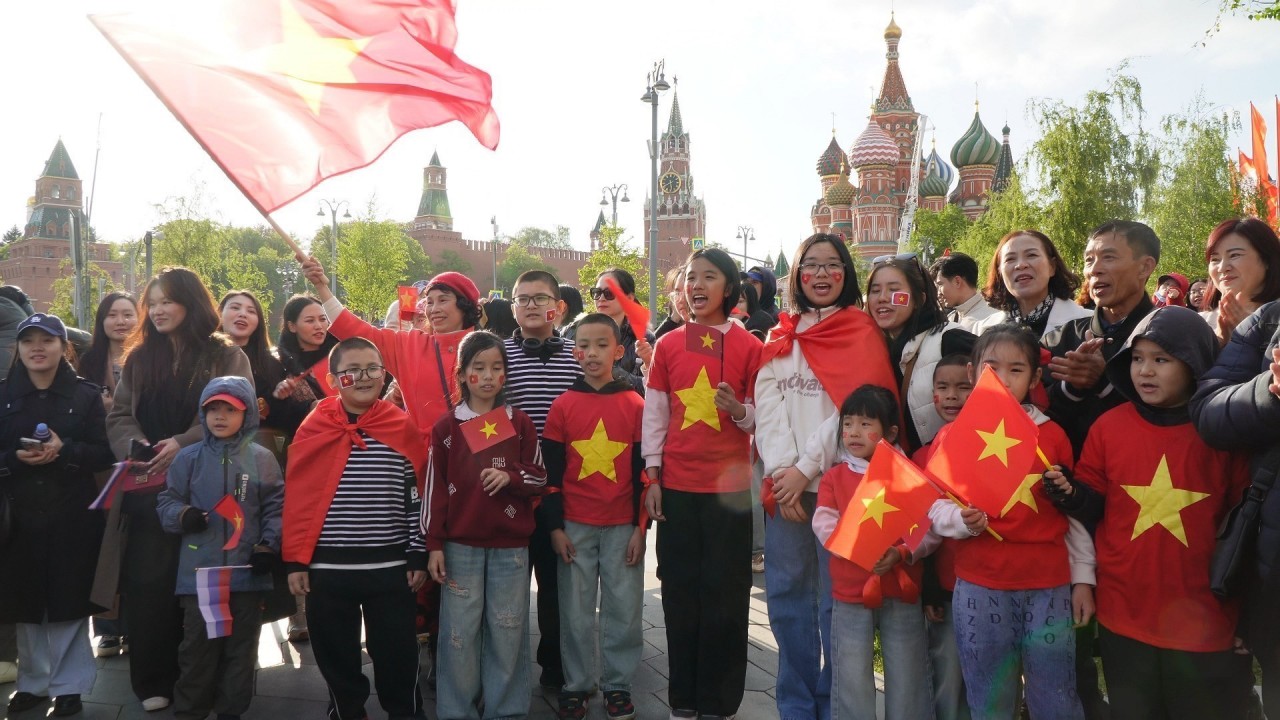 Focus
Focus
Overseas Vietnamese in Russia Welcome Vietnam People's Army Delegation at Red Square
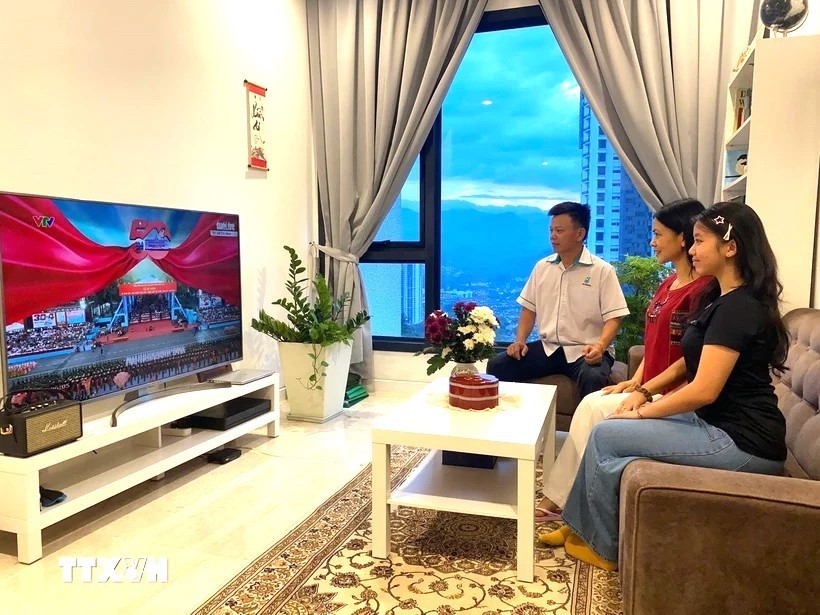 Overseas Vietnamese
Overseas Vietnamese
